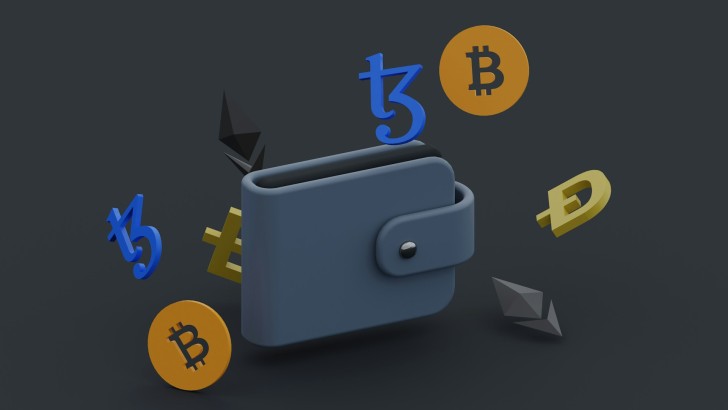Why Mainstream iGaming Brands Are Still Wary of Crypto
On paper, crypto and iGaming look like a perfect fit. Both are fast, digital-native, borderless, and let’s be honest - pretty disruptive. Stablecoins in particular seem like the ideal payment option for online casinos and sportsbooks. They’re quick, cheap to move, and don’t come with the rollercoaster price swings of Bitcoin or Ethereum.
And yet, here we are in 2025, and most mainstream operators are still sticking with good old fiat. Meanwhile, crypto-first platforms - including many in the skin betting scene - are moving full steam ahead with crypto. So what’s holding the big guys back?
Let’s break it down.
Regulatory Fog Isn’t Exactly Inspiring Confidence
Stablecoins might be designed for stability, but the legislation around them is anything but. Even with moves like the U.S. GENIUS Act - which aims to formalize how stablecoins are issued and backed - there’s still a lot of gray area.
Big-name iGaming brands don’t love gray. They’re not just thinking about today’s payment flow - they’re thinking about what happens if a regulator suddenly decides stablecoin wallets need full banking oversight, or if one of the major issuers runs into trouble with reserves. And if there's one thing a publicly traded betting group really doesn't want, it's regulatory turbulence on payday.
Crypto’s Cool, But Compliance Isn’t Cheap
Handling crypto at scale means adding a whole new layer of compliance. Sure, blockchain is transparent - but regulators still expect operators to monitor, verify, and trace customer activity to meet anti-money laundering (AML) and Know Your Customer (KYC) rules.
Mainstream brands already spend millions on compliance tech for fiat payments. Adding wallets, blockchain forensics, and crypto risk scoring? That’s a lot of overhead for a payment method that, right now, still accounts for a relatively small slice of user volume.
Stablecoins May Be Stable… Until They’re Not
Let’s talk liquidity. Stablecoins like USDC and USDT are backed by reserves - usually short-term Treasuries and cash equivalents. That sounds solid, but if there’s a run or a regulatory freeze (remember Tether’s recurring drama?), even well-backed coins can wobble.
From an operator’s perspective, the upside of accepting crypto is speed and lower fees. But the downside? A bad headline or a liquidity crunch could disrupt payouts or freeze user balances. That’s not just a tech issue - it’s a trust killer.
Demand Is Growing, But It’s Still Niche
There’s no doubt crypto has traction in iGaming. Reports suggest crypto-focused sports betting platforms could handle more than $80 billion this year, and more than half of all Gen Z gamers now say they own some form of digital asset.
Still, that doesn’t mean crypto is mainstream for everyone. For most large-scale operators, fiat is still where the volume (and predictability) is. Until crypto becomes the preferred deposit method for more than just a slice of the player base, operators will keep testing rather than committing.
Some Are Quietly Testing the Waters
To be fair, not all mainstream operators are allergic to crypto. A few have rolled out hybrid options, letting players deposit in stablecoins that are converted instantly into fiat in the background. Others partner with third-party payment providers that handle the crypto part off-platform, keeping risk and exposure low.
It’s not flashy, but it’s happening. Quietly. Carefully. Because if there’s one thing mainstream betting brands know how to do, it’s wait for someone else to make the first big mistake.
What's Holding iGaming Back?
In short, it’s this mix:
- Regulatory clarity is still developing.
- Compliance costs are high - and climbing.
- Stablecoins still carry tail risks that scare the legal team.
- Crypto users are growing, but still a minority.
- And the brands that are dabbling? They’re doing it slow, quiet, and risk-managed.
Crypto may feel like the future - but mainstream iGaming is still very much living in the present. At least for now.
A Few Steps Behind - But Not Standing Still
The iGaming industry tends to move fast, but it doesn’t jump blind. And while crypto is gaining traction - especially in niches like CSGO betting - most big operators are still watching from the sidelines. They’re not against it. They’re just waiting for the rules, the demand, and the risk profile to align.
Once that happens? Expect to see stablecoin options show up in deposit menus without much fanfare - probably buried somewhere between PayPal and Skrill.
Because that’s how the big players move. Not loud. Just deliberate.
 Peter Smith
Peter Smith

 Peter Smith
Peter Smith


